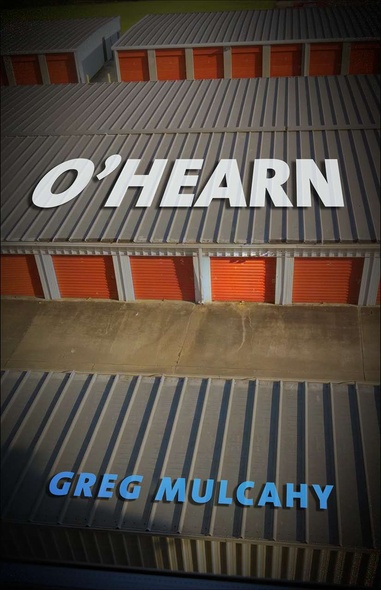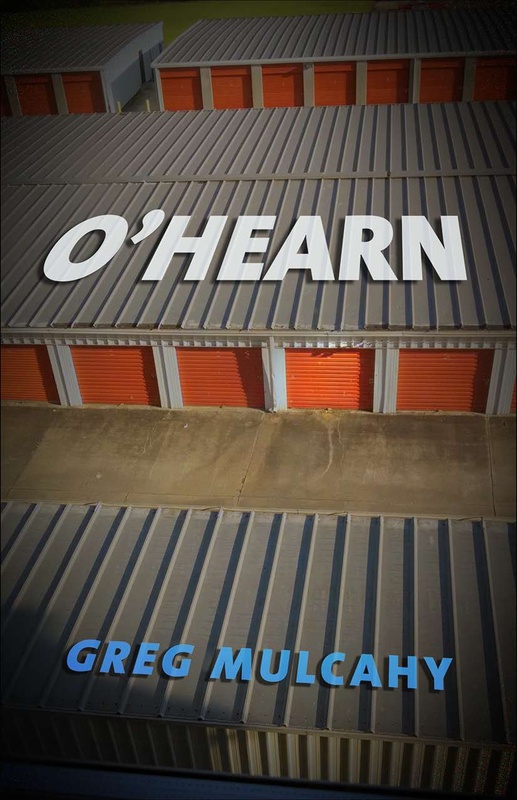Greg Mulcahy’s new novel opens on a man suffering an accident at his workplace. His colleagues there are known, at least initially, only as O’Hearn and Minouche. In the aftermath of the incident, this trinity begins to fall apart. His career falls apart. His life falls apart.
O’Hearn is the story of the story the man tells himself in confused chronology as he struggles to make sense of a world and a landscape where things have stopped making sense.
The laws of causation are absent or profoundly obscured in this explanatory narrative, but then so is all individual motivation. Action seems to end only in a world of winners and losers and occurs solely to reinforce that world by further enriching the winners at the, sometimes willful, expense of the losers.
O’Hearn is funny, contradictory, satiric, heartbreaking—a work unlike anything in our contemporary literature.
O’Hearn is the story of the story the man tells himself in confused chronology as he struggles to make sense of a world and a landscape where things have stopped making sense.
The laws of causation are absent or profoundly obscured in this explanatory narrative, but then so is all individual motivation. Action seems to end only in a world of winners and losers and occurs solely to reinforce that world by further enriching the winners at the, sometimes willful, expense of the losers.
O’Hearn is funny, contradictory, satiric, heartbreaking—a work unlike anything in our contemporary literature.
A worker bee stumbles his way through an absurdist landscape in the company of two colleagues.The accomplished prose stylist Sam Lipsyte (The Fun Parts, 2013, etc.) chose this novel by Mulcahy (English/Century Coll.; Constellation, 1996, etc.) to receive the Catherine Doctorow Innovative Fiction Prize from Fiction Collective 2; readers with an acutely tuned ear for language may find something of value here.' —Kirkus Reviews
PRAISE FOR CONSTELLATION
‘One of the most deliciously strange novels of the year. . . . A scathing and hallucinatory parody of capitalism (and, obviously, Hamlet) that, of course, ends in senseless, tragic violence. Stylistically taut without being cold, Constellation is a depressing and laugh-out-loud book of the 1990s and a great indictment of our hype-ridden country by one of our most promising young novelists.’
—Booklist
PRAISE FOR CARBINE: STORIES
‘Mulcahy mines everyman’s deep sense of failure and spiritual alienation. Mulcahy packs a surprising amount of power into each of these understated and beautifully wrought pieces.’
—Publisher’s Weekly
Greg Mulcahy is the author of Out of Work, Constellation, and Carbine. He lives in Minnesota.





